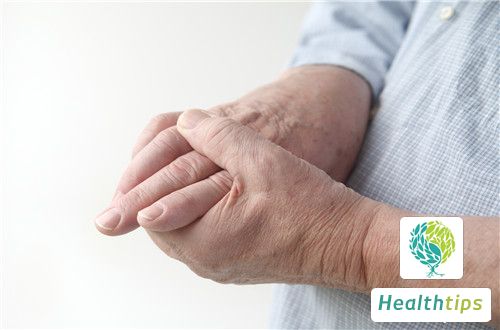What Are the Benefits and Main Uses of Rhubarb?

Functions and indications of rhubarb: Rhubarb can increase intestinal motility, inhibit intestinal water absorption, and promote defecation. It also has anti-infective effects and inhibits various gram-positive and gram-negative bacteria, as well as influenza viruses. However, due to its tannin content, constipation may occur after diarrhea. It also has the effects of promoting bile secretion, strengthening the stomach, hemostasis, protecting the liver, lowering blood pressure, and reducing serum cholesterol. It is mainly used to treat constipation caused by excess heat, abdominal pain caused by indigestion, sore throat, amenorrhea, upper gastrointestinal bleeding, and other diseases. Externally, rhubarb can also be used to treat burns.
Medication contraindications: 1. Rhubarb should be used with caution in cases of unresolved exterior syndromes, blood deficiency and weakness, spleen and stomach deficiency with cold, absence of excess heat, stagnation, and blood stasis, as well as during pregnancy and postpartum. 2. If rhubarb is used to promote defecation, it should be added later during decoction or steeped in boiling water, otherwise its efficacy will be weakened. 3. After taking rhubarb, its pigment will be excreted through urine or sweat glands, so the urine and sweat may appear yellow. 4. Breastfeeding women should not take rhubarb as it may cause diarrhea in their babies through breastfeeding. Additionally, due to its blood-activating and blood-stasis-removing properties, it should be used with caution during pregnancy, postpartum, and menstrual periods.



















